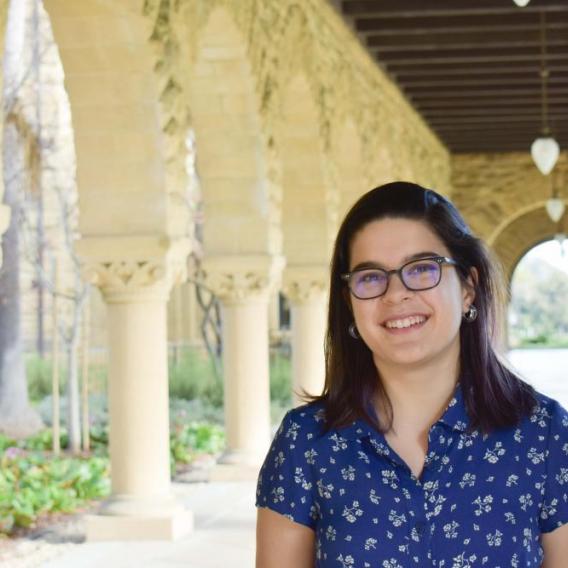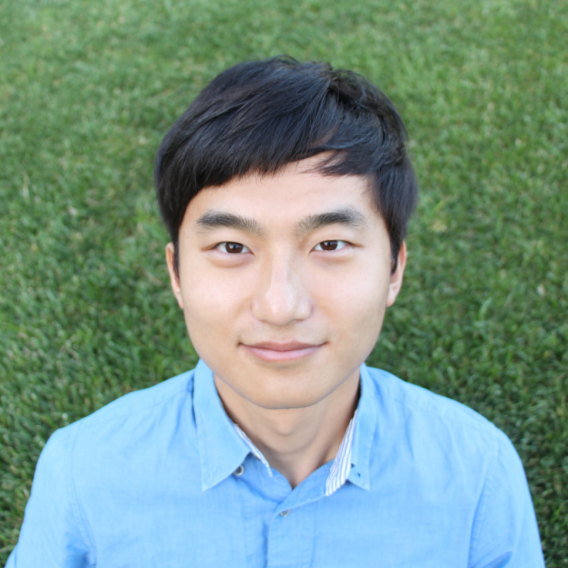Event Details:

Continue the conversation: Join the speaker for a complimentary dinner in the Theory Center (second floor of the neurosciences building) after the seminar
This seminar event will feature two talks presented by senior MBCT trainees Julia Costacurta and YoungJu Jo.
Neuromodulated RNNs
Abstract
Neuromodulators such as dopamine are clearly important to neural function—however, these chemical signals are often overlooked in recurrent neural network (RNN) models of neural computation. In this talk, I will describe our recent work on incorporating neuromodulation into RNNs. We take inspiration from the experimental result that neuromodulators can alter effective synaptic strength between neurons. To incorporate this feature into an RNN, we develop a model that contains recurrent weights that are scaled up and down by a time-varying neuromodulatory signal. We show that this intervention improves generalization on a timing task over vanilla and low-rank RNNs, and allows for reuse of dynamical features in the multitask setting. We then connect our neuromodulated RNN to the canonical LSTM, showing that our recurrent weight scaling can be viewed like the gating mechanism in LSTMs. This work shows important computational implications that neuromodulation can bring to neural network models.
Julia Costacurta
Stanford University
Julia is a PhD candidate in Electrical Engineering advised by Prof. Scott Linderman. Her work involves building data- and theory-driven models which study the impact of neuromodulators on behavior. Julia holds a BS in Biomedical Engineering and Mathematics from Johns Hopkins University and an MS in Electrical Engineering from Stanford. Outside of research, she is passionate about teaching, mentoring, and making STEM more welcoming to all. Outside of academia, she enjoys sewing her own clothes and reading.
Data-driven discovery of neural computations through brain-wide and cell-type-specific dynamical systems
Abstract
The brain is a nonlinear dynamical system performing diverse computations essential for behavior and cognition. A mechanistic understanding of neural population dynamics implementing specific computations may require measuring, modeling, and controlling neural activity in behaving animals in a principled manner. Here we propose and experimentally demonstrate a data-driven discovery framework through the closed-loop integration of large-scale neurophysiology and interpretable dynamical systems modeling. This approach enabled the unexpected discovery of cell-type-specific habenular line attractor dynamics implementing reward history integration. Building on this finding, a brain-wide spiking activity map in memory-guided decision-making was constructed, elucidating dynamical structures implementing bidirectional value update. Together with converging technical advances, this framework enabled the targeted modulation of neural integration in silico by shaping optogenetic control in both space and time through data-constrained dynamical systems. The present work paves the way for data-driven systems neuroscience for reading and writing complex information in the brain.
YoungJu Jo
Stanford University
YoungJu Jo is a postdoctoral scholar in the bioengineering department at Stanford University. He completed his Ph.D. in Applied Physics at Stanford in 2024, studying experimental and computational systems neuroscience with Profs. Karl Deisseroth and David Sussillo. During his Ph.D. he was a student member of the MBCT community and co-organized its 2022-23 seminar series. He also holds an M.S. in Biology from Stanford (2020) and a B.S. in Physics and Mathematics from KAIST (2018).
About the Mind, Brain, Computation, and Technology (MBCT) Seminar Series
The Stanford Center for Mind, Brain, Computation and Technology (MBCT) Seminars explore ways in which computational and technical approaches are being used to advance the frontiers of neuroscience.
The series features speakers from other institutions, Stanford faculty, and senior training program trainees. Seminars occur about every other week, and are held at 4:00 pm on Mondays at the Cynthia Fry Gunn Rotunda - Stanford Neurosciences E-241.
Questions? Contact neuroscience@stanford.edu
Sign up to hear about all our upcoming events


